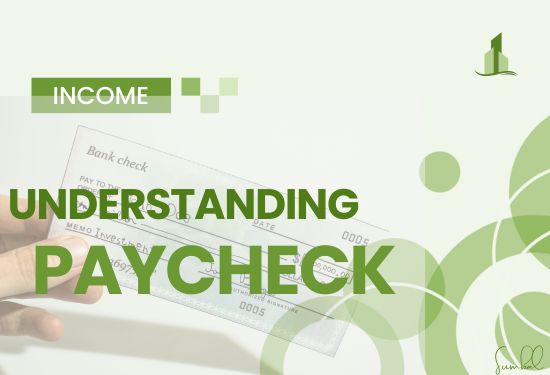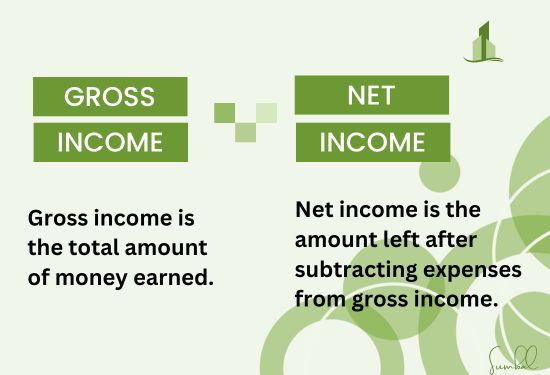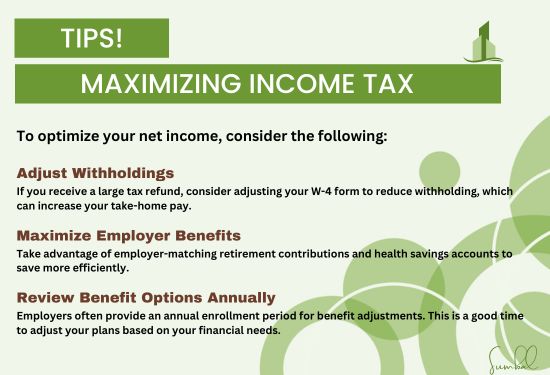Have you ever seen your net salary and tried to figure out why it is smaller than your gross pay? These deductions may appear confusing at first, but they serve the functional purpose of addressing issues related to taxes, social obligations, and benefits that are paid to employees. Knowledge of how these deductions are calculated is important to be able to manage an individual’s financial situation. Below are some tips for daily paycheck deductions that you can follow today.

Gross Income vs. Net Income
Gross income involves all the money you make before other expenses are deducted, while net income involves what you are left with after all the expenses have been made.
Gross Income
This is your starting pay and the hourly or fixed monthly wage they offer you. For monthly paid employees, this is a fixed amount, while for those paid by the hour, it depends on the number of hours worked in the month.
Net Income
The amount credited to the bank is called net income, also called take-home pay. This is the sum you will spend on food, rent, savings, and more, or anything you want.

Understanding Common Deductions
Several types of deductions appear on your paycheck, each serving a specific purpose. The most prevalent ones are:
Federal Income Tax
Part of your income is taken away to pay federal taxes. The amount depends on the tax withheld according to your tax bracket and the taxpayer’s status used in the W-4 form. This tax helps fund programs within the country, like defense, health care, and infrastructure.
State and Local Income Taxes
Some states don’t impose an income tax, but if your state does, then you’d find a deduction for it here. Occasionally, counties or cities have their own taxes too.
Social Security and Medicare
Federal Insurance Contributions Act is the combined charge funding Social Security and Medicare. Through such deductions, the government supports financial assistance and health care, especially for retirees and the disabled. For Social Security, 6.2% of your wages are paid, while for Medicare, 1.45% of your wages are paid.
Health Insurance Premiums
When you get health insurance from your employer, the premiums are taken right from your paycheck. Employer-sponsored plans may contribute toward the premium, so you only need to part with some money on a monthly basis out of your salary.
Retirement Contributions
If you participate in a retirement savings program like the 401(k) or 403(b), the contribution is made before the taxes are computed, reducing your tax liabilities. Some employers also contribute a certain percentage of your donations, so it is good to save for the long term.
Other Benefits and Deductions
Other pre-tax deductions can include benefits such as dental and vision insurance, life insurance, and contributions to a flexible spending account (FSA) or health savings account (HSA).

How Deductions Affect Your Net Income
All these deductions are subtractions that are made on your net income. Even though your pay is reduced as a deduction, its purposes range from taxes to health care and even retirement. For instance, contributions to retirement saving plans will help to shrink your taxable income and, therefore, stand to benefit from tax savings. Premiums also enable you to obtain healthcare at a cheaper price than you would if you signed up for an individual policy.




